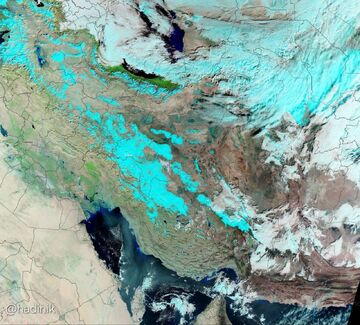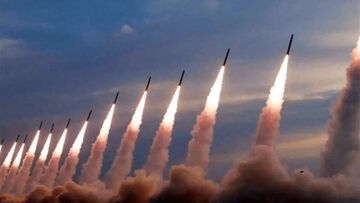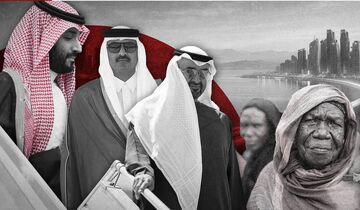TEHRAN(Bazaar) –Shireen Tahmaasb Hunter, a professor of political science at Georgetown University, tells the Bazaar that relations with China would not resolve Iran's most significant problem, which is the US economic sanctions.
She says: “As long as sanctions on Iran are not lifted, China, too, will not move seriously in expanding relations with Tehran.”
“China's investments in the GCC states is already more than those in Iran,” Hunter comments.
Following is the text of the interview:
Bazaar: At the end of the meeting with the Chinese Foreign Minister, Iranian Foreign Minister Hossein Amir-Abdollahian said: “During this visit, we agreed to announce the implementation and start of the 25-year strategic and comprehensive cooperation agreement between the two countries.” In your opinion, what effects will the implementation of this agreement have on the Iranian economy?
Hunter: The mere declaration that Iran and China have entered the implementation phase of their 25 year strategic agreement does not mean that its provisions would be implemented. In particular, it is unlikely that China would make significant investments in Iran.
The important difference between most Persian Gulf Arab states and Iran is that the Gulf States, with the exception of Saudi Arabia, are small states with limited ability to challenge China either in the Middle East or in Central Asia. But a strong and economically revitalized Iran with historical and cultural ties with these regions could potentially be a rival for China.
Moreover, as long as sanctions on Iran are not lifted, China, too, will not move seriously in expanding relations with Tehran. In fact, China, like Russia, is using Iran as a pawn in its regional and international plans. China, too, does not want Iran's reconciliation with the West, which would increase Iran's bargaining power and would make it less willing to offer Beijing special privileges.
Bazaar: This trip took place while the Vienna talks are continuing. Can the announcement of the implementation of the 25-year cooperation document between Iran and China keep Iran's hand open in the Vienna talks?
Hunter: Relations with China would not resolve Iran's most significant problem, which is the US economic sanctions. To get sanctions relief, Iran needs to reach some deal with the 4+1 in Vienna. In fact, the expansion of Iran-China relations itself is partly dependent on the lifting of sanctions on Iran.
Bazaar: Simultaneously with the Iranian Foreign Minister's visit to China, we witnessed the presence of a delegation from the Gulf Cooperation Council to China and in a joint statement issued after the meeting of senior officials of the two sides, signed the “Joint Action for Strategic Dialogue” program which should be done between 2025 and 2022, they emphasized. The two sides also stressed the need to complete negotiations on a “free trade agreement between the Gulf Cooperation Council and China and the establishment of a free trade zone between the two sides.” What is the importance of this free trade zone between the stakeholders?
Hunter: As a global power with ambitions of being a key player in the Persian Gulf, China, naturally, would want to have close relations with all regional states. The GCC members, because of their large energy resources are particularly important to China. In general, unlike Iran, China does not see relations with Iran as strategic. Rather Iran is one of many countries that China seeks to bring under its influence. China's investments in the GCC states is already more than those in Iran. China has also been expanding relations with Turkey. In short, China does not consider Iran a privileged partner.
Bazaar: Some time ago, CNN reported on the transfer of Chinese ballistic missile production technology to Saudi Arabia. Is China trying to play a US-like role in the Persian Gulf?
Hunter: If true, the report of the transfer of Chinese missile technology proves that China does not see Iran as a special partner. Rather by developing close ties with all regional states, it wants to become the new power broker in the region. However, China has rivals for this role, including Russia, Europe and, of course, the US.
Under these circumstances, for Iran to believe that Chinese hegemony in the Persian Gulf would be to its interests is misguided.
















نظر شما